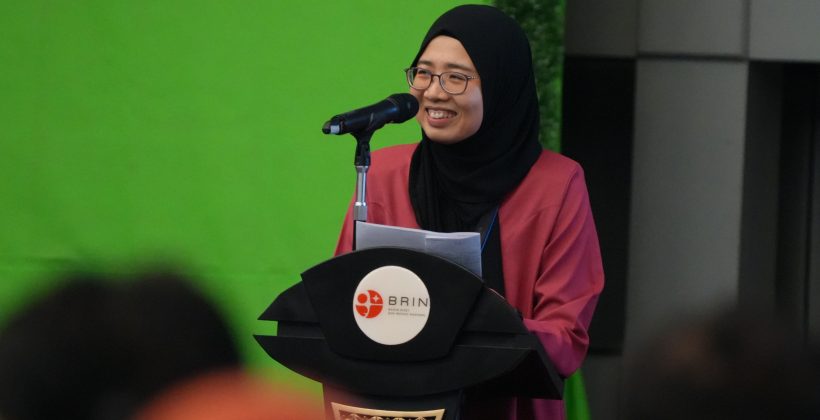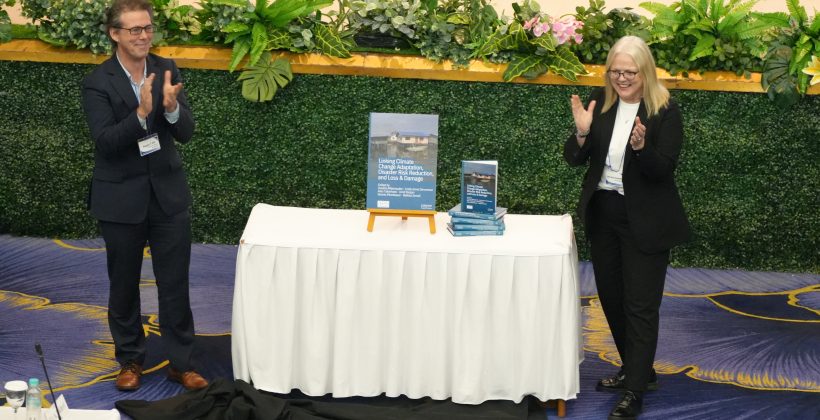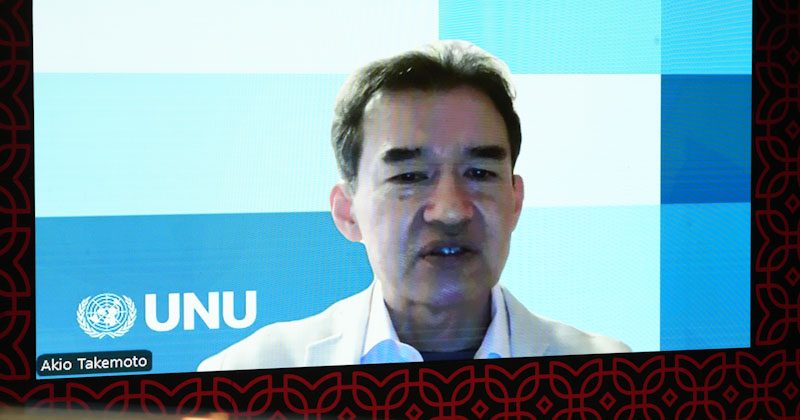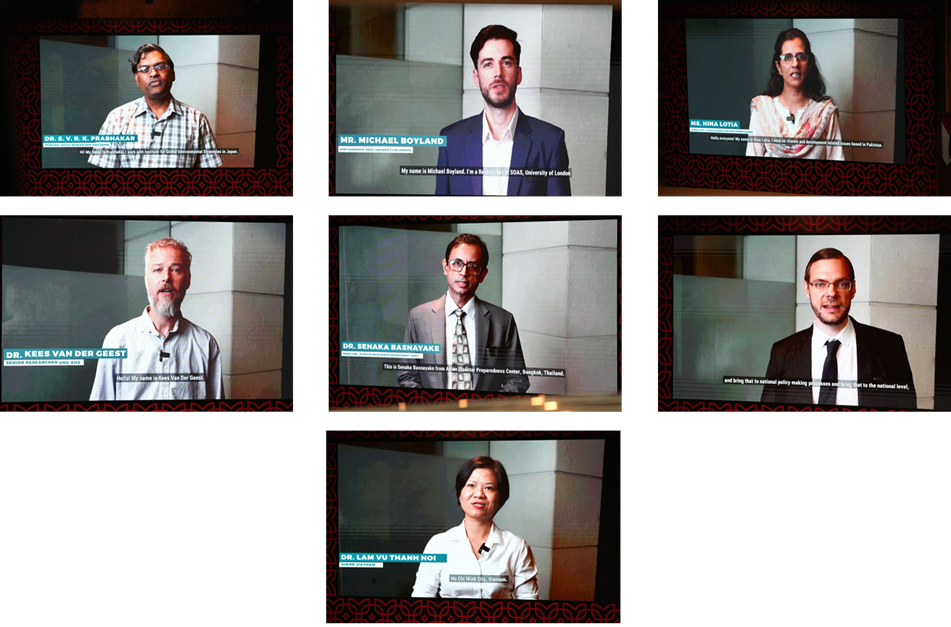13 June 2024, Jakarta, Indonesia — The Asia-Pacific Network for Global Change Research (APN) unveiled its latest publication, “Linking Climate Change Adaptation, Disaster Risk Reduction, and Loss & Damage,” published by Palgrave Macmillan Singapore. The book launch was held alongside the APN 26th Joint Intergovernmental and Scientific Planning Group Meeting on 13 June 2024 at the National Research and Innovation Agency (BRIN) in Jakarta, Indonesia.
The event, a key initiative in APN’s ongoing efforts to tackle critical climate issues, unveiled a new book from APN’s Climate Adaptation Framework, which began in 2013. The special publication of APN marked a significant step in integrating climate action, disaster risk reduction, and loss and damage. The book highlights the collaborative efforts of researchers and practitioners from the Asia-Pacific region and focuses on evidence-based approaches to climate change adaptation, disaster risk reduction, and loss and damage. It offers actionable insights and strategies to build resilience and mitigate climate impacts. The book bridges the gap between research and policy by supporting global frameworks such as the UNFCCC’s Paris Agreement, the Warsaw International Mechanism, and the Sendai Framework for Disaster Risk Reduction, providing valuable insights for policymakers and stakeholders to promote sustainable development.
Dr Douglas Hill, speaking on behalf of the APN Steering Committee Chair, welcomed distinguished guests and emphasised the publication’s significance as a collaboration between APN and SLYCAN Trust. He highlighted the urgent need to address climate change impacts and stressed the importance of evidence-based approaches to tackle these challenges. Dr Hill also applauded the work done in 14 case studies from 10 countries, with eight of the outputs cited in the recent IPCC AR6 report, contributing significantly to the science-policy interface and resilience building in the Asia-Pacific region. He mentioned that the publication bridges research and policy, offering scientific evidence to inform effective action.


The book was officially unveiled by Dr Linda Anne Stevenson, APN Acting Director and one of the editors, alongside Dr. Hill. Dr. Nafesa Ismail from the APN Secretariat, another editor of the book, provided an overview, introducing the distinguished authors and explaining the motivation and objectives behind this significant publication.
The event featured video messages from prominent contributors, including Dr Senaka Basnayake from the Asian Disaster Preparedness Center (ADRC), Dr Sivapuram Prabhakar from the Institute for Global Environmental Studies (IGES), Mr Michael Boyland from SOAS, University of London, Dr Kees van der Geest from United Nations University – Institute for Environment and Human Security (UNU-EHS), Ms Hina Lotia, an independent expert on climate change, Mr Dennis Mombauer from SLYCAN Trust and Dr Lam Vu Thanh Noi from the Southern Institute of Water Resources Research in Vietnam. Their messages underscored the crucial role of research in amplifying marginalised voices, bridging the gap between policy and action, and enhancing resilience-building interventions. They emphasised the need for clarity in non-economic loss and damage research and advocated for differentiated approaches to address societal and environmental costs.


The event also had the honour of Dr Akio Takemoto from the United Nations University Institute of Advanced Studies (UNU-IAS), Tokyo, Japan, who served as the APN Director from 20 July 2011 to 11 July 2014. He initiated the CAF Scoping Workshop in Kobe, Japan in 2012 and delivered the keynote address, congratulating APN and its contributors. He underscored the publication as a significant outcome of CAF, established in 2013, and designed to address the increasing frequency of extreme climate events. Dr Takemoto also appreciated the support from the Ministry of the Environment of Japan in this research area.
During the event, the memory of Prof Saleemul Huq OBE (1952-2023), a renowned climate change expert and advocate for loss and damage, was honoured. Prof Huq, who contributed to the foreword of the book, was celebrated for his invaluable insights, his role as a mentor, and his leadership in championing climate adaptation, and loss and damage. His legacy of integrating climate considerations into policy and promoting scientific evidence continues to inspire ongoing efforts for urgent climate action and a resilient future.
Dr Stevenson closed the event with heartfelt thanks to all contributors, highlighting the dedication and collaboration of experts across the Asia-Pacific region. She emphasised the critical intersections of climate adaptation, disaster risk reduction, and loss and damage, reinforcing the commitment of APN to science-based strategies for transformative change.
The event concluded with a comprehensive guide to understanding and addressing the challenges of climate change. The audience was encouraged to get a copy for their own library collection and join the mission for a more resilient and sustainable world through continued collaboration, working together for a resilient future.